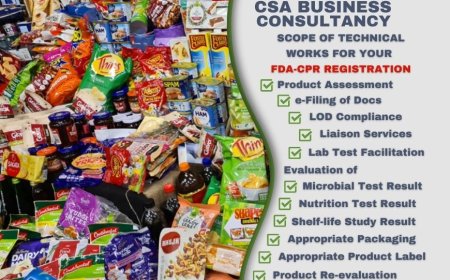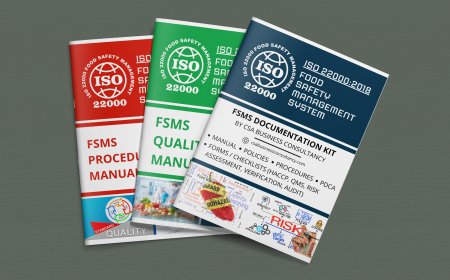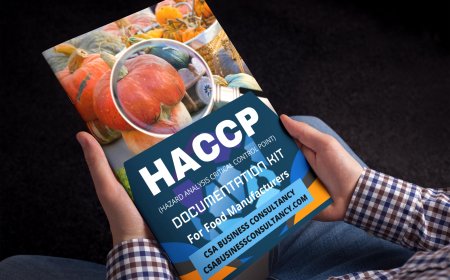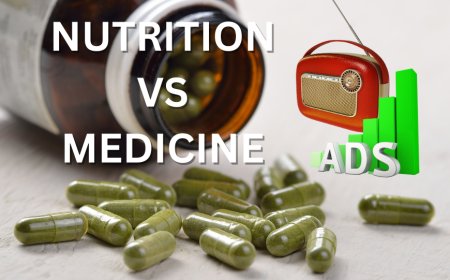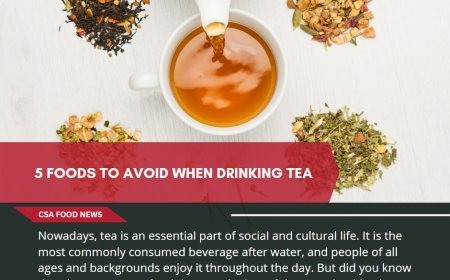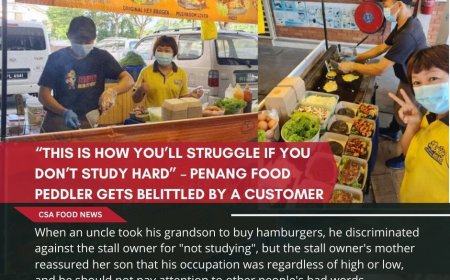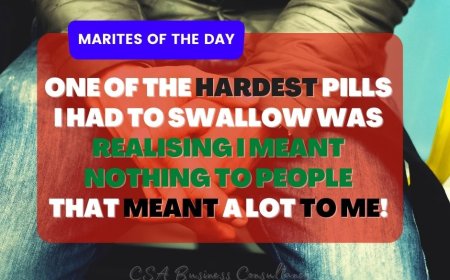Doctors, KBP cautions against marketing herbal supplements as medicine
Last April 5, 2023, Rappler.com published a news article that the the chairman of the Kapisanan ng mga Brodkaster ng Pilipinas (KBP) in the Davao region and the head of a government-owned hospital in Davao Oriental have both raised concern over the proliferation of herbal and food supplement items being sold as health maintenance and cure-all medications.
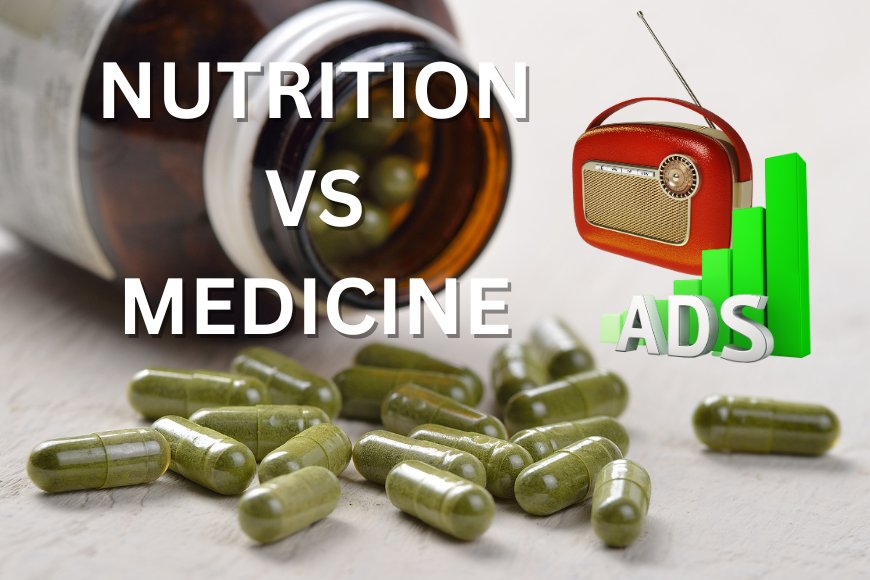
They claimed that while herbal remedies and dietary supplements could have advantages, advertising them as medicine is misleading and deceptive.
In the Philippines, especially the Davao Region, the use of herbal remedies and herbal food supplements significantly increased in previous years. Due to the rising popularity of alternative medicine and the number of health-conscious consumers, numerous business operators have seized this opportunity to market their goods as health maintenance and cure-all medications.
Dr. Rommel Oraiz, the officer-in-charge of the government-run Davao Oriental Provincial Medical Center in Mati City, warned that many of these products were being marketed without adequate scientific evidence to support their claims. As a result, consumers might rely on them to treat severe medical conditions while disregarding the need for professional medical care
Rappler.com cited that Dr. Oraiz said, “Promoting herbal products and food supplements as cure-for-all medicines may also encourage self-diagnosis and self-treatment, which can be dangerous. Consumers may delay seeking proper medical attention, leading to the worsening of their condition or even death. Seriously ill patients who take herbal medicines instead of seeking professional medical care are putting themselves at risk. When their condition worsened after taking the ‘all-cure’ herbal products, they ended up being rushed to the hospital.”
Doctors have warned that some dietary supplements and herbal products could interact unfavorably with prescription drugs, resulting in significant side effects and consequences. Consumers risk suffering adverse effects like allergies or digestive issues when utilizing these goods without the right medical advice.
Dr. Oraiz attributed the popularity of these products, many of which have not been approved by the Food and Drugs Administration (FDA), to radio stations that run their advertisements.
Concern has been raised about the absence of enforcement of regulations in the food supplement and herbal industries. According to Dr. Oraiz, the Philippine Medical Association (PMA) has already urged the government to take the situation seriously and put an end to the spread of illegal herbal remedies and nutritional supplements.
Rappler.com also cited that KBP-Davao chairman Raul Antopuesto said he was concerned because such advertisements raise a serious issue on media ethics and go against the “truth in advertising” advocacy. Antopuesto attributed the popularity of these products to the constant advertisements aired throughout the day on almost all regional radio stations. Moreover, he said that KBP in Davao has initiated efforts to caution KBP-member radio stations in the region against accepting advertising placements from groups that package herbal products and food supplements like cure-for-all medicines.
“That is a big violation of our code of ethics in the KBP,” Antopuesto said. He estimated that these herbal and nutritional supplement goods account for nearly 90% of radio advertising revenue in the Davao area.
Reference:
What's Your Reaction?








